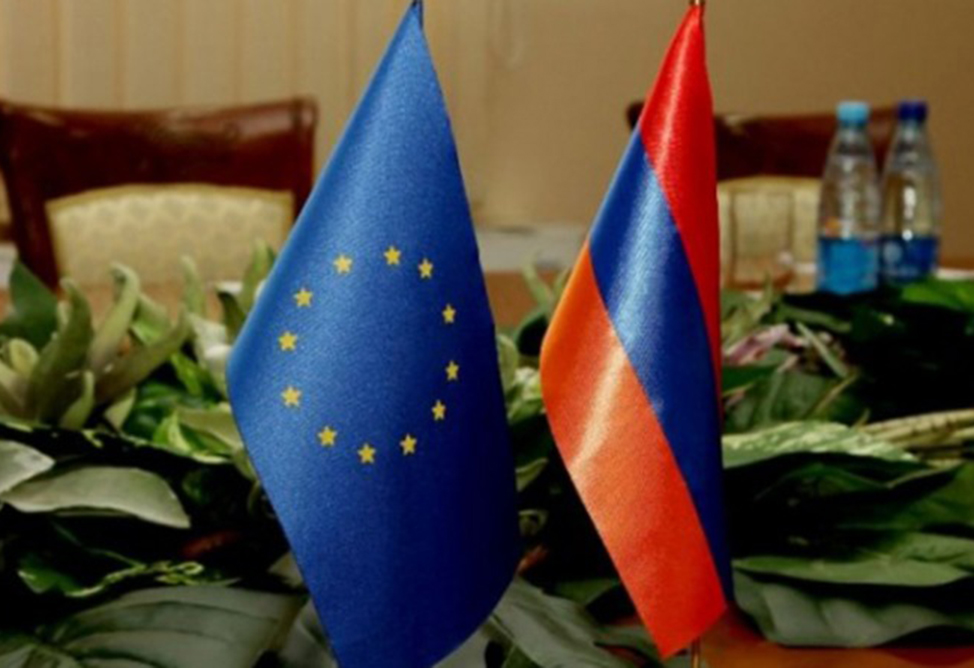Greek eurozone exit unlikely to impact TTIP, global economy
08.07.2015,
10:58
Greece's exit from the Eurozone should not affect the future of the Transatlantic Trade and Investment Partnership (TTIP) treaty, nor should it have a significant impact on the global economy, experts told Sputnik, according to Sputniknews.

YEREVAN, July 8. /ARKA/. Greece's exit from the Eurozone should not affect the future of the Transatlantic Trade and Investment Partnership (TTIP) treaty, nor should it have a significant impact on the global economy, experts told Sputnik, according to Sputniknews.
On Sunday, more than 61 percent of Greek voters rejected in a referendum austerity measures proposed by Athens' major international creditors, which has renewed fears of Greece defaulting on outstanding debt and exiting the Eurozone.
"Greece is too marginal of a player in the eurozone to play a big role in the free market versus protectionism trade debates in Europe," Stratfor Vice President of Global Analysis Reva Bhalla told Sputnik. "A Greek financial crisis isn't going to sway the TTIP debate in any one direction."
The controversial TTIP agreement seeks to establish a transatlantic free trade zone but critics claim it will limit the rights of individuals and sovereign countries for the sake of multinational corporate profits.
Bhalla argued that the treaty is encumbered by a lack of political will in European countries due to a number of contentious issues, including public health services, banking regulations and environmental safety. –0--
On Sunday, more than 61 percent of Greek voters rejected in a referendum austerity measures proposed by Athens' major international creditors, which has renewed fears of Greece defaulting on outstanding debt and exiting the Eurozone.
"Greece is too marginal of a player in the eurozone to play a big role in the free market versus protectionism trade debates in Europe," Stratfor Vice President of Global Analysis Reva Bhalla told Sputnik. "A Greek financial crisis isn't going to sway the TTIP debate in any one direction."
The controversial TTIP agreement seeks to establish a transatlantic free trade zone but critics claim it will limit the rights of individuals and sovereign countries for the sake of multinational corporate profits.
Bhalla argued that the treaty is encumbered by a lack of political will in European countries due to a number of contentious issues, including public health services, banking regulations and environmental safety. –0--



